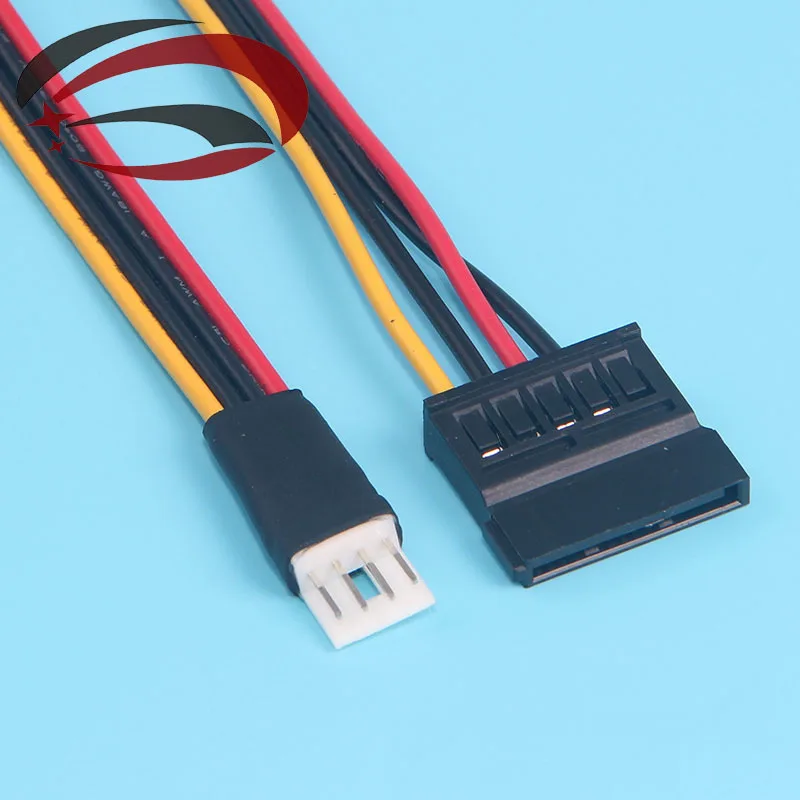Oh damn, phoronix comments are usually bad, but they really got off the rails this time!
SteveTech
I've seen an S3 option in Smokeless_UMAF, so maybe you can enable real suspend, but I haven't tried on my Framework 13 AMD.
It seems like it's fixed now, but if possible use one of the mirrors, so everyone's not hitting that one server all that hard, it's usually faster too.
Or even better, use the torrent.
Yes, but it doesn't look like KPROBES_ON_FTRACE is supported on arm64. I did find this patch though which implements it: https://patchwork.kernel.org/project/linux-arm-kernel/patch/20191218140622.57bbaca5@xhacker.debian/
If you don't know how to apply a patch, you can either paste the link into b4, or download the mbox and apply it with git am.
Ahh okay, that description kinda sounds like floppy drive power, but it probably is a proprietary thing.

Could also be slimline sata.

Probably a long shot, but if you live in Australia (or maybe also New Zealand), Jaycar often sells the Ender 3 V3 SE for AU$250, which seemed like a really good price compared to other places I found.
I couldn't find a hard answer to whether this supports EPYC only, or Ryzen too; so I put together this script to read the CPUID to detect for INVLPGB support according to the AMD64 Programmer’s Manual, and my 7800X3D does not support INVLPGB.
(Let me know if I've made an error though!)
Code
#include <stdio.h>
#include <stdint.h>
int main() {
uint32_t eax, ebx, ecx, edx;
eax = 0x80000008;
__asm__ __volatile__ (
"cpuid"
: "=a" (eax), "=b" (ebx), "=c" (ecx), "=d" (edx)
: "a" (eax)
);
printf("EBX: 0x%x\n", ebx);
if (ebx & (1 << 3)) {
printf("CPU supports INVLPGB\n");
} else {
printf("CPU does not support INVLPGB\n");
}
return 0;
}
That's INVLPG which has been there since the 486. The AMD64 Programmer's Manual has some info on the differences between INVLPG, INVLPGA, and INVLPGB though.
Probably way too late now, but if it was a proper kernel panic, it should've saved the dmesg in the kernel's pstore which saves to either ACPI or EFI storage (depending on BIOS or UEFI), which systemd then extracts to
/var/lib/systemd/pstore/on next reboot.